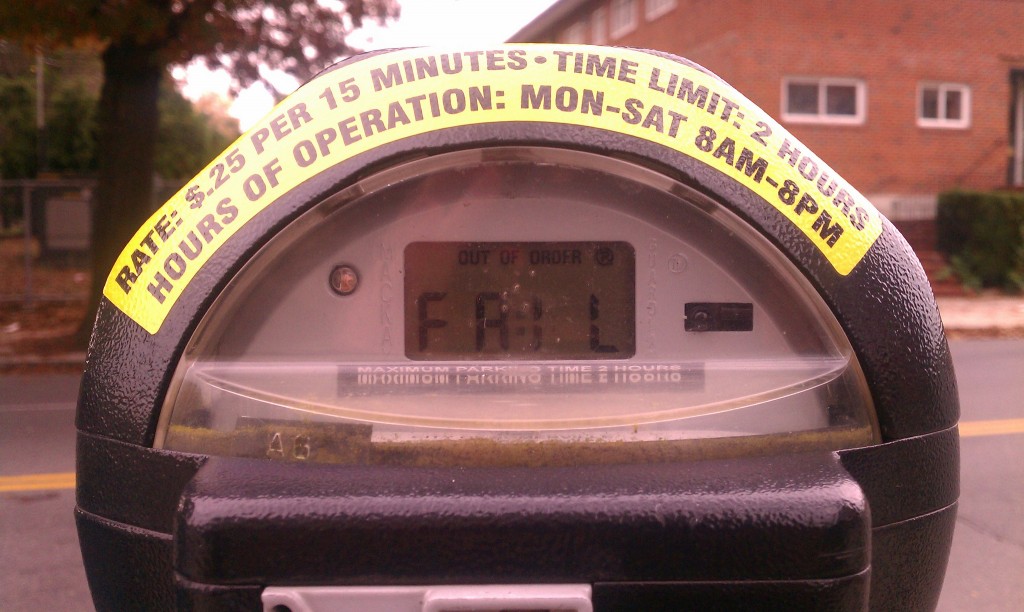
On Wednesday the Boston Transportation Department formally accepted a $6.5 million allotment for two promising initiatives: a Street Rule Book Project and a new Parking Meter and Management System.
The Boston parking scene is experiencing an interesting transition from traditional, metered street spaces and garages to next-generation solutions such as apps and mobile payment platforms. Armed with this new funding, BTD will help to continue Boston’s mission to innovate parking.
The Street Rule Book Project will be a comprehensive endeavor to collect all curbside regulations – which includes on-street parking regulations. It will also outline Boston’s various traffic regulations pertaining to pavement markings and signage at a particular locations.
This sweeping data collection effort is expected to be compiled into a citywide interactive map for public sharing and use. BTD is working with both Mayor’s Office of New Urban Mechanics and the city’s Department of Innovation and Technology to bring this into fruition.
According to BTD spokesperson Tracey Ganiatsos told BostInno “An RFP [Request for Proposal] is expected for release by September of 2015.”
The funding will also help the city replace its current parking meters with one’s that can accept payment remotely using a mobile device.
Back in April the City of Boston announced that a pilot partnership with ParkBoston to determine the feasibility of mobile-friendly meters was successful and that some 8,000 parking spaces will be outfitted with this new technology.
“Thousands of Bostonians have already embraced this new and convenient technology, and expanding this service throughout the city will make the experience of paying for parking easier for each and every user,” said Mayor Marty Walsh in a statement at the time.
The pilot began in the Back Bay and Fenway areas which, at in the spring at the start of baseball season, provided ample opportunity to collect substantial amounts of data.
The City of Boston will now be rolling out these updated parking meters on a neighborhood by neighborhood basis. And, of course, that data will also be used to inform the city on better parking practices.
“The new technology will provide real-time data to help BTD better manage curbspace and to make decisions based on quantifiable information,” added Ganiatsos “The replacement of existing meters will improve customer service and operability, and provide BTD with greater flexibility and efficiency moving forward.”

